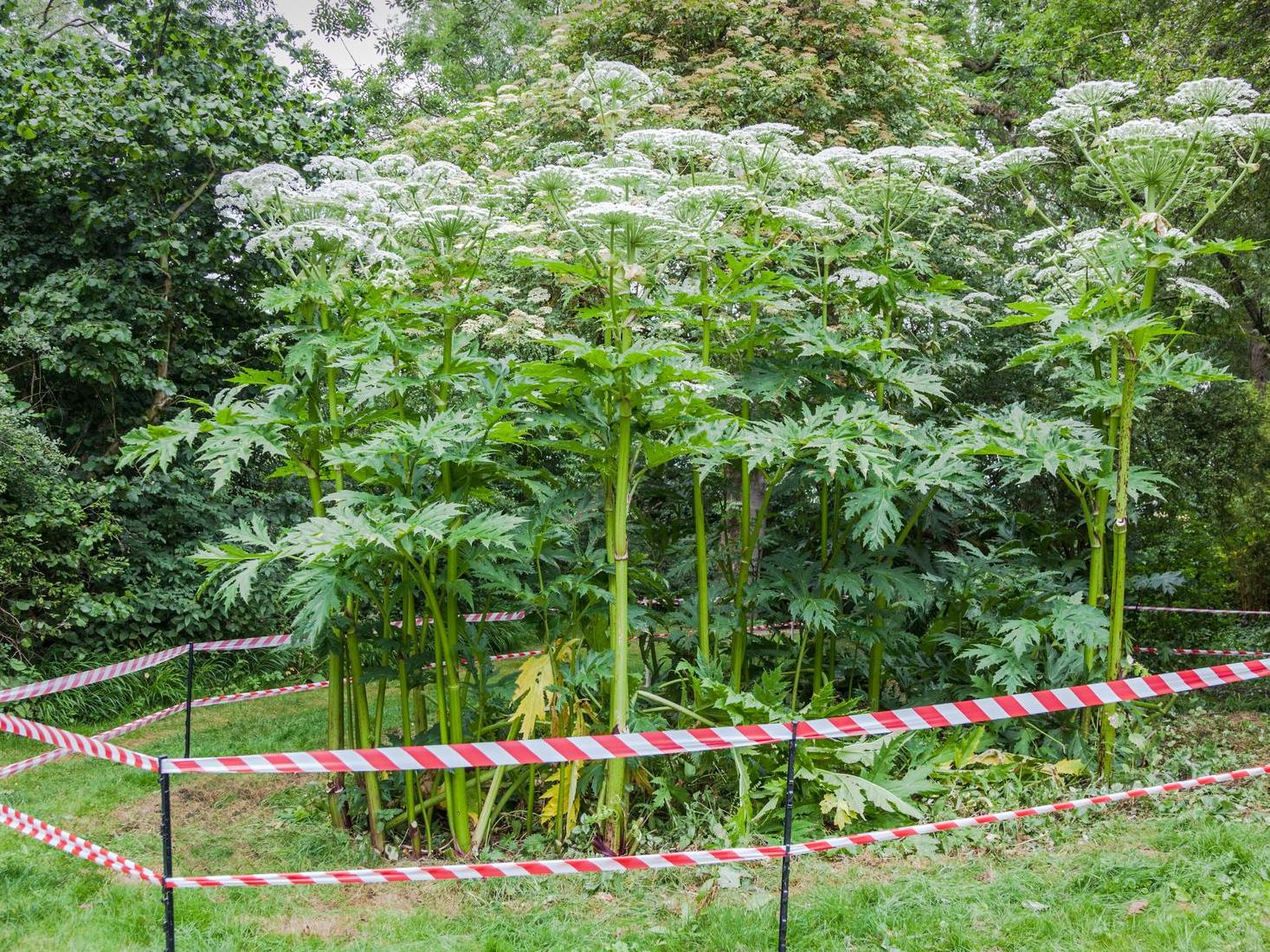Army of more than one million volunteers could be used to fight off invasive species and protect British wildlife
Training a ‘Nature Volunteer Force’ could help to reduce £1.8bn costs of responding to the impact of invasive species, Conrad Duncan writes

An army of volunteers could be used to protect British wildlife from invasive species, such as giant hogweed, according to plans which are being considered by the government.
MPs warned last year that invasive species cost the UK economy £1.8bn a year through damage to natural biodiversity, disease transmission and other harmful effects to the environment.
A report by the Environmental Audit Committee said the government should train more than one million volunteers to create a “biosecurity citizens’ army” to work on eradicating harmful species.
The so-called Nature Volunteer Force would follow the approach taken by New Zealand, which has set a target of training at least 150,000 people in biosecurity by 2025 to provide support and respond to outbreaks.
British volunteers would need to be trained in how to report invasive species and remove them, the report said.
The government has said it will monitor New Zealand’s efforts and consider the recommendations of the report.
“The UK is spending an enormous £1.8bn a year responding to the impact of invasive species, and more preventative action must be taken to protect our environment and the economy,” Philip Dunne, chairman of the Environmental Audit Committee, said.
“From a Nature Volunteer Force to track invasive species, to introducing an inspectorate and boosting awareness amongst the general public - these are all steps recommended by the committee that could make a significant difference, and it is promising the government is considering them.”
The report also estimated the cost of supporting Local Action Groups, which work in a county or region, could be about £340,000.
In its official response to the report, the government said: “Volunteers are not a cost-free resource, requiring funding to recruit volunteers, to plan their work effectively and to manage it.
“It is also essential that those involved in managing INNS [invasive non-native species] receive sufficient training and guidance to ensure efficacy.”
However, it acknowledged there was “more to be done” on tackling invasive species and said it was assessing the options available for facilitating a volunteer force.
Join our commenting forum
Join thought-provoking conversations, follow other Independent readers and see their replies
Comments
Bookmark popover
Removed from bookmarks